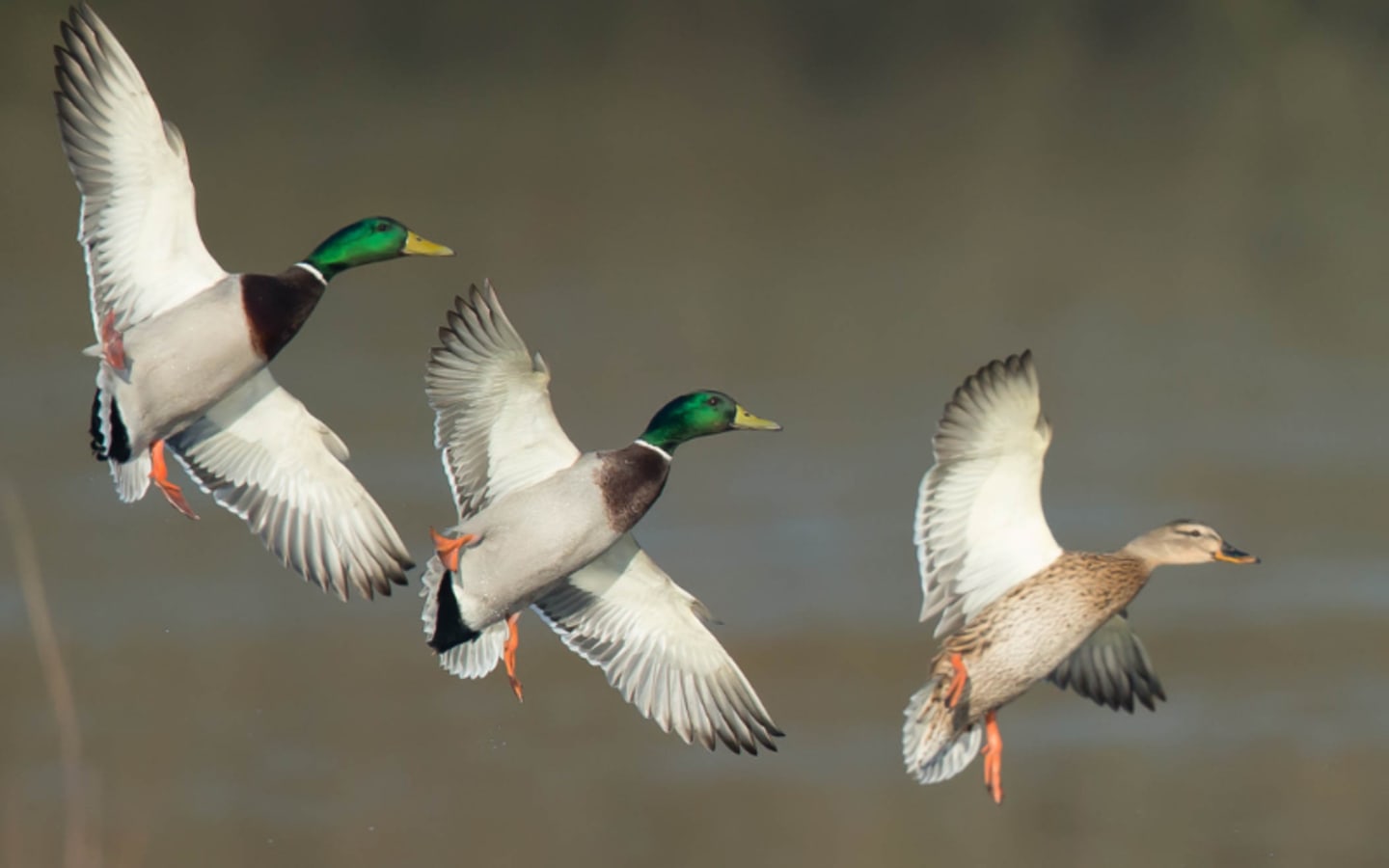Hunters across the Midwest have always prided themselves on bringing home fresh game from the field, but recent warnings from wildlife officials are making some guys think twice about what's on their dinner plate. In Wisconsin, the Department of Natural Resources just put out alerts about dangerous chemicals showing up in ducks and other wild game. It's not just a local issue—these birds don't stick to one spot, and that could mean problems for sportsmen way beyond state lines.
The trouble started with tests on mallards taken from the southern part of Green Bay. Officials found high levels of PFAS, those man-made chemicals that stick around forever in the environment. Because of that, the DNR is telling hunters flat out: don't eat any mallards shot in that southern area. For wood ducks and mallards from the rest of the bay, they're saying limit it to just one meal a month. It's a tough pill to swallow for anyone who's spent cold mornings in a blind waiting for the perfect shot.
This isn't the only spot where things are going south. Up north near Rhinelander, the DNR issued a "do not eat" order for all fish caught in the Moen Chain of Lakes because of the same PFAS contamination. And for deer harvested within five miles of that zone, they're recommending folks only eat the venison once a month. It's like the land and water that used to provide clean, natural food are turning against us, and it's hitting right where hunters feel it most—in the traditions passed down through generations.
PFAS stands for per- and poly-fluoroalkyl substances, a bunch of chemicals cooked up in factories for all sorts of everyday stuff, from non-stick pans to waterproof gear. They've been around for decades, but now we're seeing how they build up in animals and people. The health risks aren't something to brush off: things like thyroid problems that mess with your energy and metabolism, higher chances of certain cancers, and even issues with birth rates in kids. It's the kind of stuff that makes you worry not just about yourself, but about feeding it to your wife or grandkids after a successful hunt.
This isn't unique to Wisconsin. Back in January, officials in New Mexico had to tell hunters who'd already eaten duck from a contaminated spot to get in touch with their doctors right away. It's a wake-up call that these problems are popping up in different states, and ignoring them isn't an option. Experts who study this say the risks from eating wild game with PFAS are about on par with what you get from store-bought beef or pork from farms—unless you're pulling from one of these hot zones. In those advisory areas, the levels are way higher, and that's where the real danger lies.
What makes this duck situation especially tricky is how these birds move around. The Wisconsin DNR collected samples of duck breast meat back in 2022 and 2023, focusing on July and August when the ducks are mostly locals hanging out in the area. Those tests showed contamination from both PFAS and PCBs, another nasty pollutant. But ducks aren't like deer that might stay put in one woodlot. They fly wherever they want, ignoring any lines on a map that officials draw for advisories.
Picture this: a mallard picks up these chemicals while feeding in the polluted southern end of Green Bay. Then it swims or flies up to the northern part, or over to a nearby marsh. Come fall, when migration kicks in, that same bird could head down the flyway, ending up in a hunter's sights in Illinois, Arkansas, or even further south. You bag it, cook it up, and suddenly you're dealing with contamination from hundreds of miles away. It's not like the duck comes with a warning label tattooed on its wing.
So, what's a hunter supposed to do? Stop heading out to the blinds altogether? Not according to the pros who've looked into this. They figure it's not worth giving up on wild game entirely over these forever chemicals. One scientist, Dr. Courtney Carignan from Michigan State University, who's an expert in environmental health, put it this way: there's this mindset among some folks of, "I've been doing this for years, so I'm probably already done for." But she stresses that's not the right approach. Instead, hunters should get active about fixing the source of the problem.
In Green Bay, for example, a big PFAS spill was found in 2023, coming from a plant that makes firefighting foam. That's the kind of industrial mess that's leaching into the water and getting into the food chain. The best move, experts say, is to hound your local politicians and push for serious cleanup efforts. Not every state is even testing for PFAS in game animals yet, so lobbying for more widespread checks could catch these issues early. It's about protecting the spots you hunt and making sure the next generation can enjoy them without the worry.
Carignan gets why some guys might wish they could turn back the clock and not know about this stuff. "I understand why people think, 'Maybe I'd rather go back to not knowing,'" she said. But knowledge is power here—it's how you keep yourself and your family safe. Maybe that means skipping ducks from certain areas or mixing in more variety from cleaner spots. Or it could be as simple as trimming fat from the meat where contaminants like to hide, though that's more for other pollutants.
At the end of the day, hunting isn't just about the kill; it's about connecting with the outdoors, providing for your table, and sharing stories around the fire. These PFAS warnings are a bump in the road, but they're also a chance for hunters to step up as stewards of the land. By demanding better from the folks in charge, we can help turn things around. After all, no one wants to see the day when a limit on ducks isn't about conservation, but about avoiding a health scare. So next time you're out there, keep an eye on the advisories, stay informed, and fight for cleaner waters. Your hunts—and your health—depend on it.





